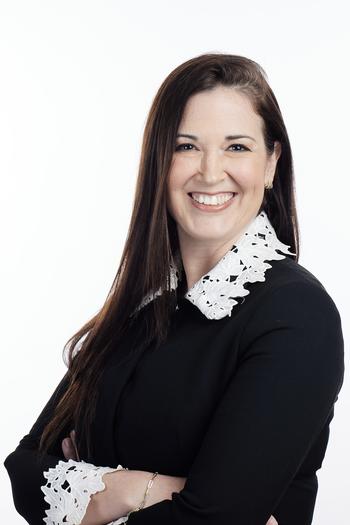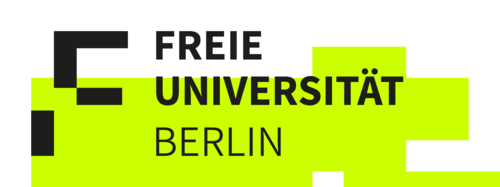Tammy Harel Ben Shahar

Fellow, University of Haifa
Political philosophy, distributive justice, philosophy of education, education law, jurisprudence
Dr. Tammy Harel Ben Shahar is a senior lecturer at the University of Haifa, Faculty of Law. Tammy completed her PhD at the Hebrew University. Her dissertation on Equality in Education won the Bronfman Prize for outstanding dissertation in the Humanities, Social Sciences, and Law. After completing her doctoral studies, Tammy spent two years as a post-doctoral scholar. First as a Fulbright Fellow at NYU School of Law, and then at Columbia University Law School. Her scholarship explores various issues related to distributive justice, and especially educational justice, from multiple perspectives – philosophical, legal, and (less frequently) empirical. She has won various research grants in support of her research, including the German-Israel Foundation Grant and the Israel Science Foundation Grant. In the past few years, Tammy has researched the place of student ability in theories of educational justice and has published several papers exploring the conceptual, normative, legal, and policy-related aspects of ability development in education. Specifically, her research exposes how some of the assumptions implicit in the theory and practice of education are not consistent with what science knows about human abilities and their development.
As a fellow at the Human Abilities Centre, Tammy will develop her work on ability in a new direction and study the temporal dimensions of ability development and the importance of those dimensions for educational justice. The ‘temporal dimensions’ involve questions such as: When are humans able to develop which types of abilities? Do abilities have restrictions in terms of when they can be developed (what is sometimes called the “critical period hypothesis”)? Do we need to “start early” to obtain excellence? And so on.
Educational practices as well as philosophical discussions often assume that childhood is the best, and possibly only, time to develop many human abilities. Contemporary science concerning ability development, however, shows that some of these assumptions may be overstated, and others are simply false. By carefully examining the role of temporal assumptions in educational practices and exposing their shortcomings, the project aims to provide original contributions to discussions in philosophy of education, including a novel argument in support of adult education.



